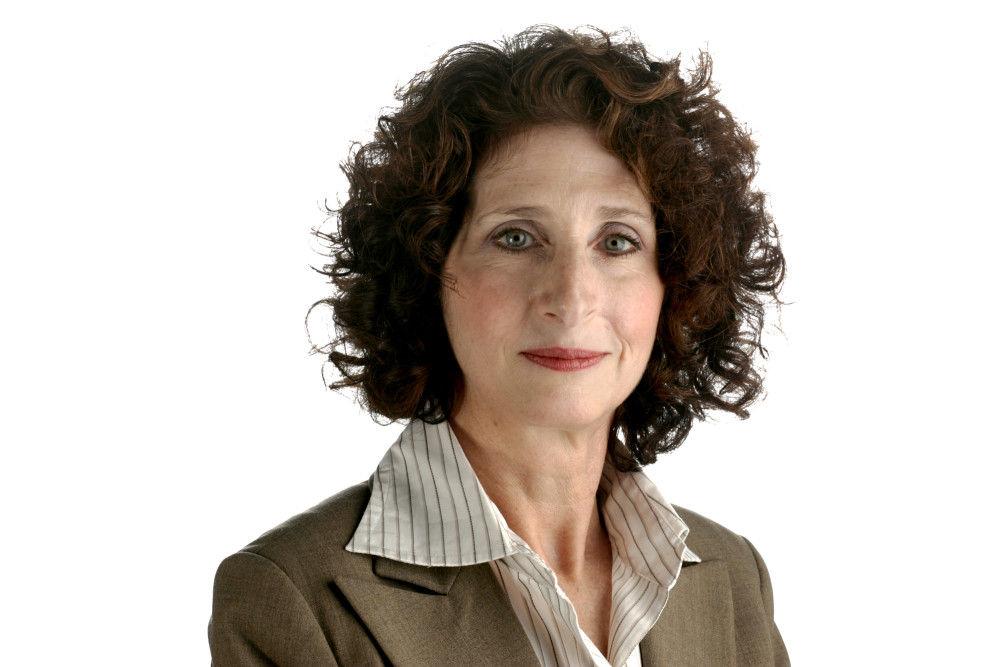By Gail MarksJarvis
Chicago Tribune.
As the economic woes of Greece and China bubbled to the surface and tugged at the stock market in the last couple of weeks, investors might have thought: Not again!
But a more appropriate response would have been: Not still!
Six years after the U.S. financial crisis, people are weary from financial wreckage in the world. Just when individuals finally think they are past it, it seems to show up in the news and threaten the U.S. economy and retirement savings. Yet, the world’s infection from massive debt is still a long way from healing.
The hurt should have been predictable, University of Chicago Booth School of Business finance professor Amir Sufi told financial analysts from throughout the world last week at a CFA Institute seminar in Chicago.
There is still more wreckage to come globally, according to Sufi, who examines the impact of the historic debt overdose throughout his acclaimed book co-authored with Atif Mian, “House of Debt: How They (and You) Caused the Great Recession, and How We Can Prevent It from Happening Again.”
More specifically, Sufi blames household debt, primarily the debt took on prior to the U.S. housing crisis to buy homes and provide spending money for other purchases. In the six years following 2000, he said, household debt jumped from $7 trillion to $14 trillion.
It wasn’t just the U.S. that overdosed on debt.
Europe did too. Sufi says that’s at the root of problems in Greece and other European countries such as Spain, where housing prices tripled around the same time as the U.S. housing boom. In the aftermath of Spain’s housing bust, 23 percent of people are unemployed and half of potential young workers are without jobs.
“I don’t think we’ll see anything good coming from Europe for years,” said Sufi.
When individuals take on tremendous debt, Sufi contends, a crash is inevitable, stifling the economy for a long time. The problem begins to show up when home prices plunge, with selling prices unable to cover loans. People cope by cutting spending dramatically, sending the economy into a downward spiral, Sufi said.
Businesses don’t have customers they need, lay off workers and cut back on business equipment and supplies. As more lose jobs, individuals delay purchases. The falloff in purchasing is shocking compared with the pre-bust period, when debt made it possible to spend freely.
As the U.S. economy has failed to grow at the expected rate of 3 percent a year, some analysts have termed the malaise “secular stagnation.”
Not so, Sufi said: “This recession is exactly what we should have expected it to be.”
Recessions set off by household debt run the deepest and longest because the pain is borne by the poorest members of society, essential for spending money and driving the economy. Even now, with the U.S. going through one of the weakest recoveries after a recession, consumption remains weak, he said.
During the last few years, analysts have repeatedly estimated that the economy would pop back strongly, but gains, though continuous and probably sustainable, have been far weaker than forecast. Sufi noted that analysts have failed to understand the impact of household debt.
Sufi notes that car sales in California plunged by 50 percent among households in the lowest 40 percent of earners between 2006 and 2010. Births also fell off sharply within that group.
James Bianco, president of Bianco Research, said the U.S. economy is worse now than in the third quarter of 2012, when the Federal Reserve began a round of quantitative easing stimulus to help the economy improve.
While the economy isn’t in a recession, he said, “It’s a C-minus economy.” If it were a child with a report card, “you’d sit him down and say he must do better.”
In the U.S., Sufi expects the economy to gain strength as incomes start to rise. Yet, the recovery would have come quicker and stronger if the government had allowed homeowners to wipe away overwhelming mortgage debt, he said. That would have freed people to spend again, providing the fuel the economy needed. In Europe, he said, the problems will drag on unless countries are allowed to restructure their debt.
Without such relief, Sufi said, necessary reforms won’t happen because countries know gains will flow out to pay debts.
The greatest risk to U.S. investors, however, may come from China, the world’s second-largest economy.
“Large increases in private debt burdens, followed by a sharp crash in asset prices, portends terrible economic growth,” Sufi said.
Although Sufi doesn’t expect troubles in the Chinese or European economy to put the U.S. into a recession, he is worried about stock and bond markets. He says stocks are overvalued now, and a sharp decline in the markets overseas could cause “contagion” in the U.S.
___
ABOUT THE WRITER
Gail MarksJarvis is a personal finance columnist for the Chicago Tribune and author of “Saving for Retirement Without Living Like a Pauper or Winning the Lottery.”














































































































































































































































































































































































